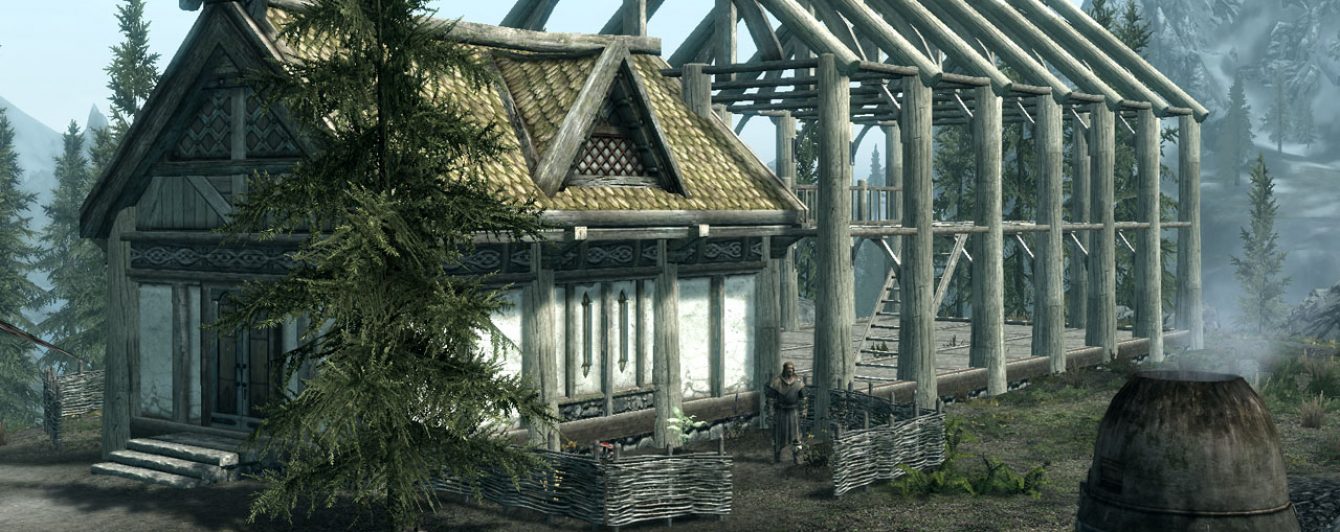Fire watch Opening Sequence
The opening of Firewatch was quite confusing, as there was a stark difference between what occurred in the game versus the music being played. The player starts out as Henry, and all seems to be going well. He sparks up conversation with a girl he likes named Julia, and they eventually get married and talk about starting a family. It all sounds great; however, sad music is played throughout all of this leading the player to expect some sort of sad change. This did a good job of keeping me interested. I anxiously awaited the downfall, and simply a happily ever after story wouldn’t have kept me engaged. Sure enough Julia becomes diagnosed with dementia. The opening sequence also does an excellent job at provoking empathy. Throughout the story it refers to Henry as “you” instead of his name, and the game also gives you options in picking crucial life decisions. Through these two techniques the idea of dementia began to haunt me.
http://eng181f16.davidmorgen.org/category/quests/side-quests/

